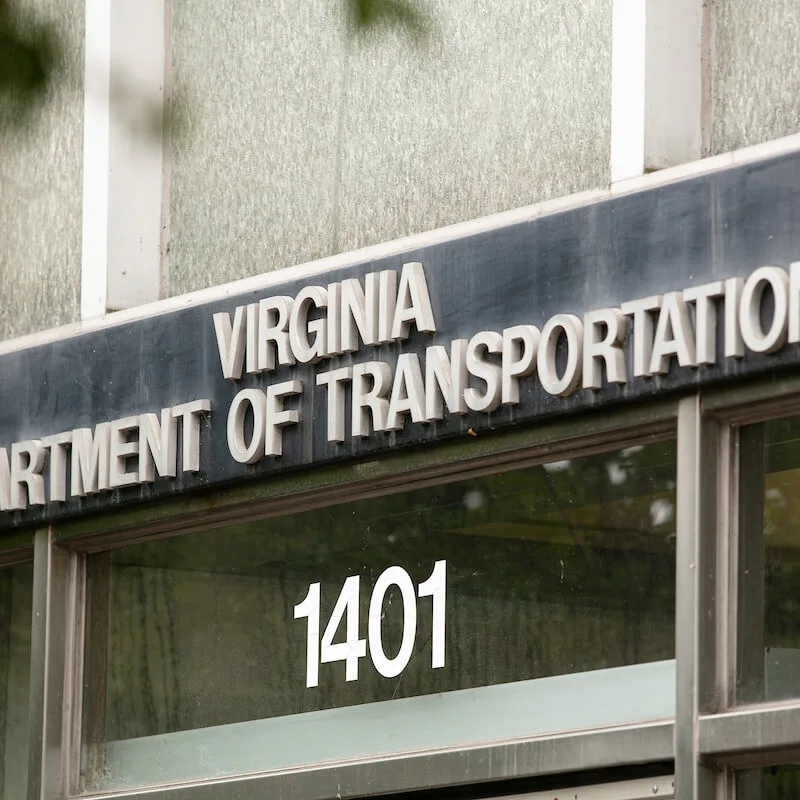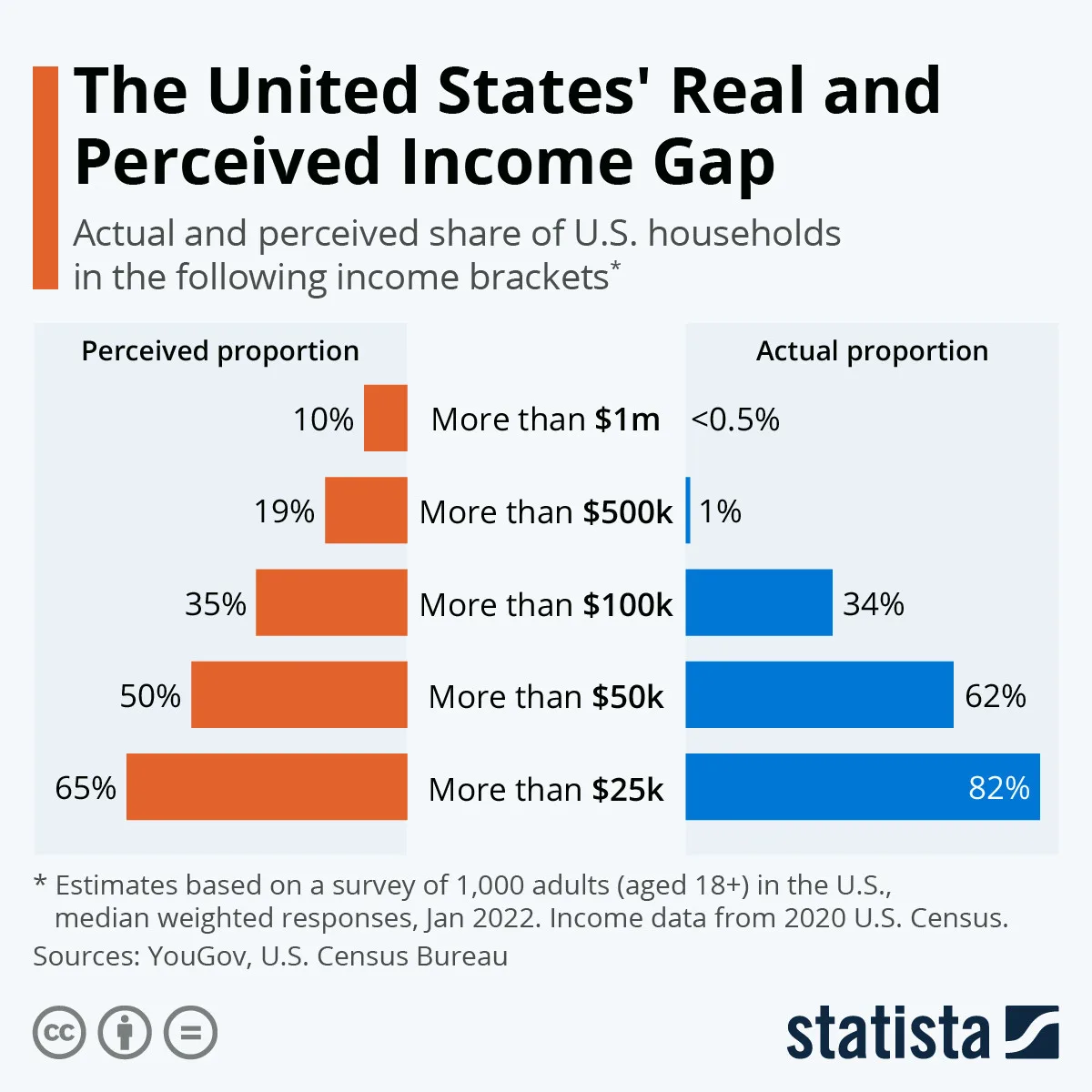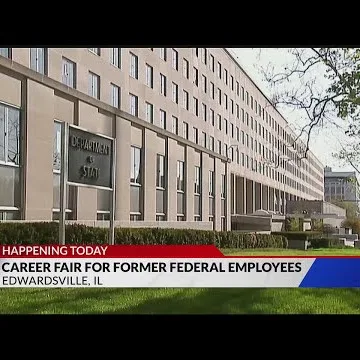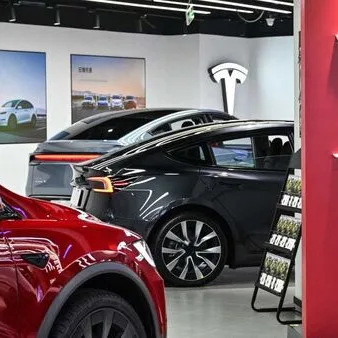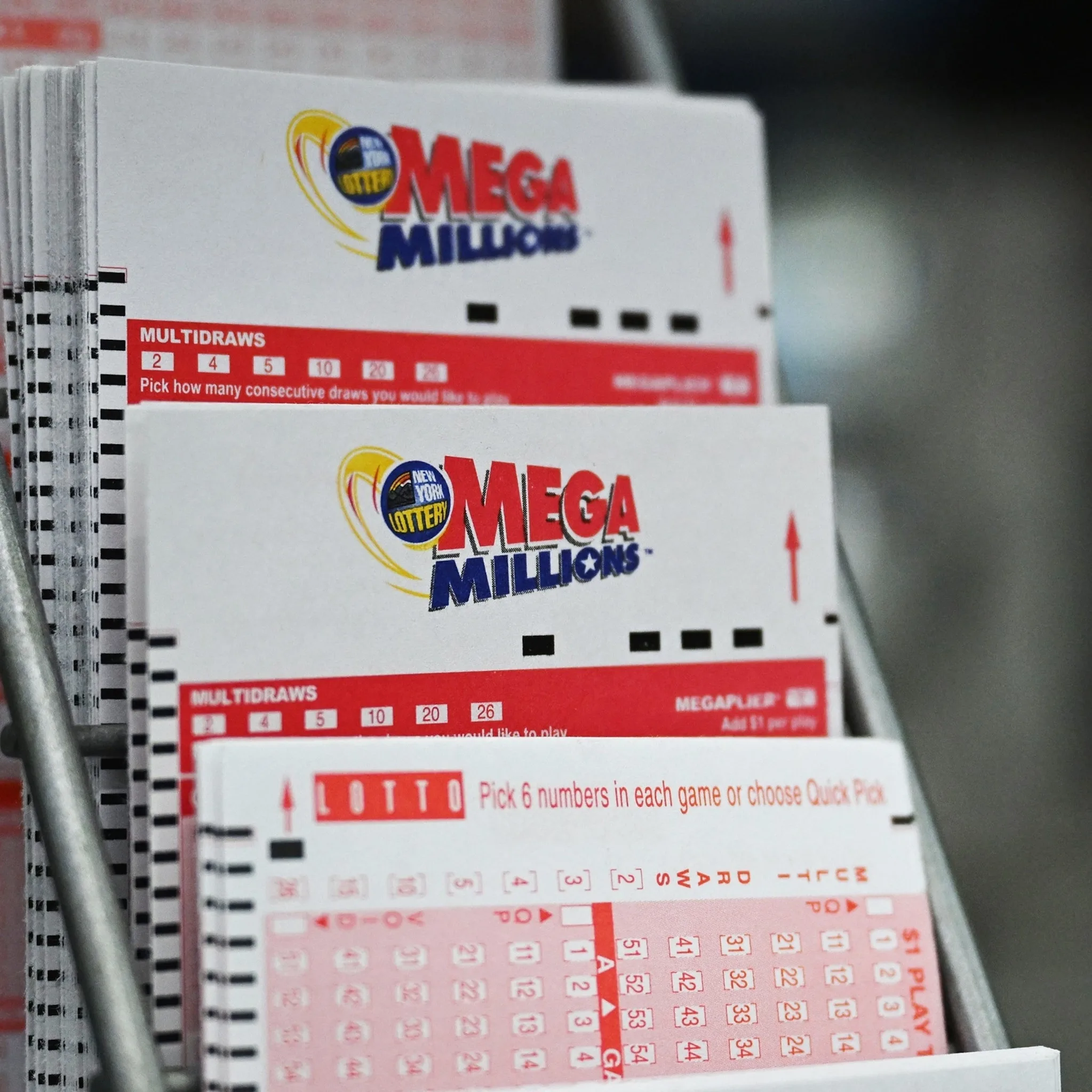As 2025 begins, U.S. mortgage rates are approaching seven percent, raising concerns about a potential downturn in the housing market. According to a report from Fortune, the average 30-year fixed-rate mortgage now sits at 6.98%, a considerable increase from just a few years prior. This upward trend in borrowing costs is expected to dampen home sales, which have already been experiencing a slowdown. Real estate experts warn that higher rates could deter first-time buyers and negatively impact home affordability.
The increased mortgage rates correlate with overarching economic conditions influenced by the Federal Reserve’s decisions. Forbes highlights the Fed’s 2025 meeting schedule, which indicates ongoing discussions about interest rates. Market analysts anticipate that the Fed may hold rates steady in the upcoming months, but some predict future hikes depending on inflation trends. ”The Fed is caught between a rock and a hard place,” said economic analyst Simon Moore, emphasizing the delicate balance the central bank must maintain to curb inflation without severely impacting the housing market.
Additionally, the Washington Post notes that the car loan market is also feeling the pressure from rising interest rates. With the average car loan rate exceeding 5.8%, consumers are facing higher payments on both homes and vehicles, creating a significant strain on household budgets. The cumulative effect of these rising rates could lead to a reduction in consumer spending, which is vital for economic growth.
Experts urge potential homebuyers to act quickly before rates climb any further, but many remain cautious about making significant financial commitments amid volatile economic conditions. As the year progresses, all eyes will be on the Federal Reserve’s policy adjustments and their impact on both mortgage and consumer loan markets.

